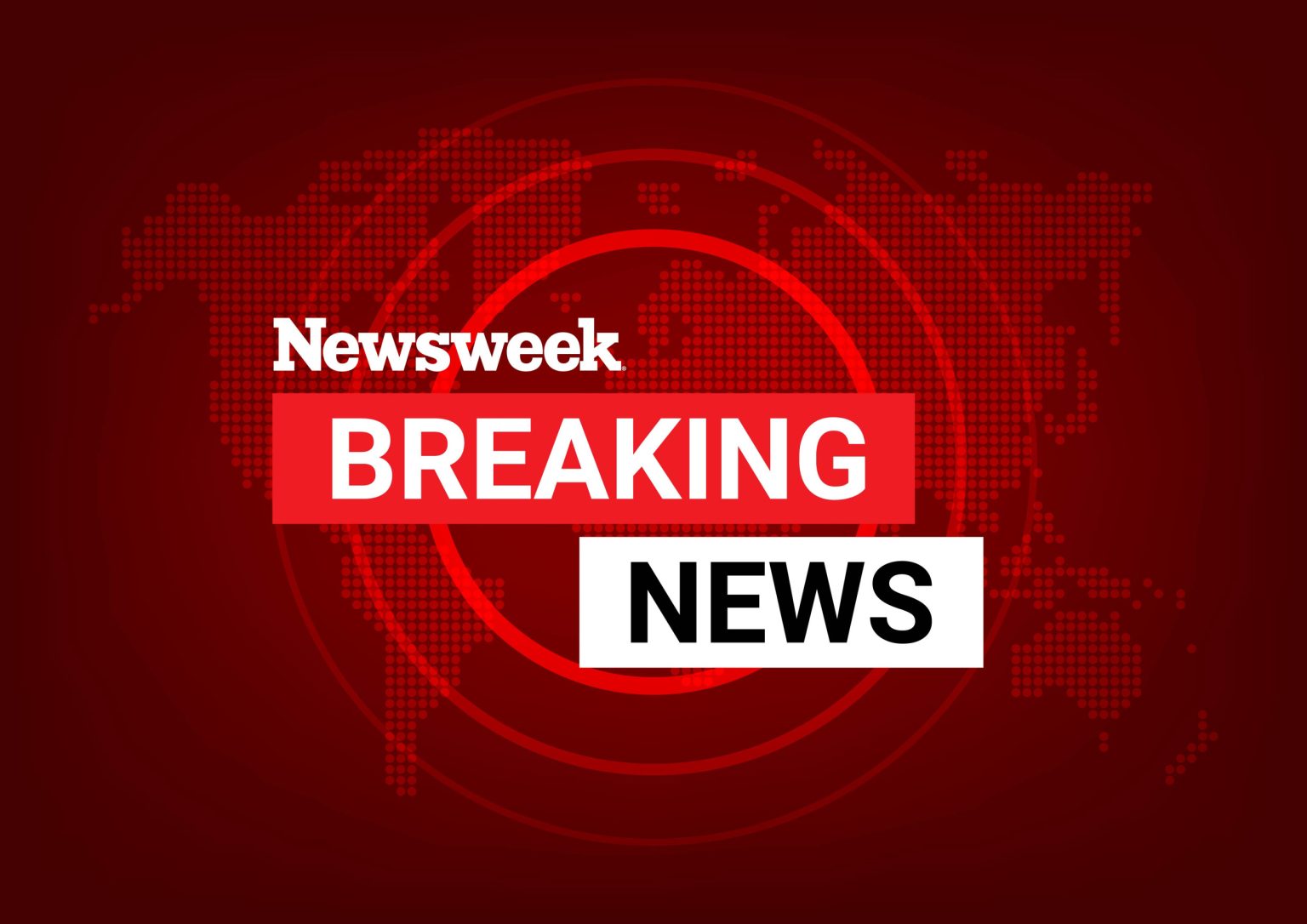In a continuation of the political turmoil in South Korea, the Parliament has voted to impeach acting President Han Duck-soo. This comes just days after his predecessor, Yoon Suk Yeol, was impeached for declaring martial law. The opposition Democratic Party led the charge to impeach Han, citing his failure to promptly appoint three judges to fill vacancies at the country’s Constitutional Court. This latest development has escalated the political crisis in South Korea, a key ally of the United States.
The impeachment of both Yoon Suk Yeol and Han Duck-soo has created a power vacuum in South Korea, with uncertainty surrounding who will fill the role of the presidency. The political instability has raised concerns among citizens and international allies about the country’s stability and leadership. The impeachment of two consecutive presidents within a short period of time reflects the deep divisions within South Korean politics and the challenges facing its democracy.
The decision to impeach acting President Han Duck-soo highlights the ongoing power struggle between the ruling party and the opposition in South Korea. The Democratic Party’s move to remove Han from office underscores the party’s commitment to holding those in power accountable for their actions. However, the impeachment of two presidents in quick succession raises questions about the effectiveness of South Korea’s political institutions and the ability of its leaders to govern effectively.
The impeachment of Han Duck-soo adds to the already existing challenges facing South Korea, including economic uncertainty, regional tensions, and the ongoing COVID-19 pandemic. The country’s political crisis has the potential to impact its relationships with other countries and its standing in the international community. The continued instability in South Korea may also have repercussions for the country’s economy and long-term development.
As South Korea grapples with the aftermath of the impeachment of both Yoon Suk Yeol and Han Duck-soo, it faces a critical moment in its political history. The country’s leaders will need to work together to address the challenges facing the nation and restore confidence in its institutions. The ongoing political crisis is a test of South Korea’s resilience and ability to navigate uncertainties, both domestically and internationally. The outcome of this crisis will have far-reaching implications for the country’s future.
In conclusion, the impeachment of acting President Han Duck-soo in South Korea has further intensified the political crisis gripping the nation. The power struggle between the ruling party and the opposition, compounded by economic challenges and regional tensions, has created a precarious situation for the country. As South Korea faces an uncertain future, its leaders must work to restore stability and address the underlying issues that have led to this political turmoil. The international community will be watching closely as South Korea navigates this difficult period and seeks to find a path forward.


